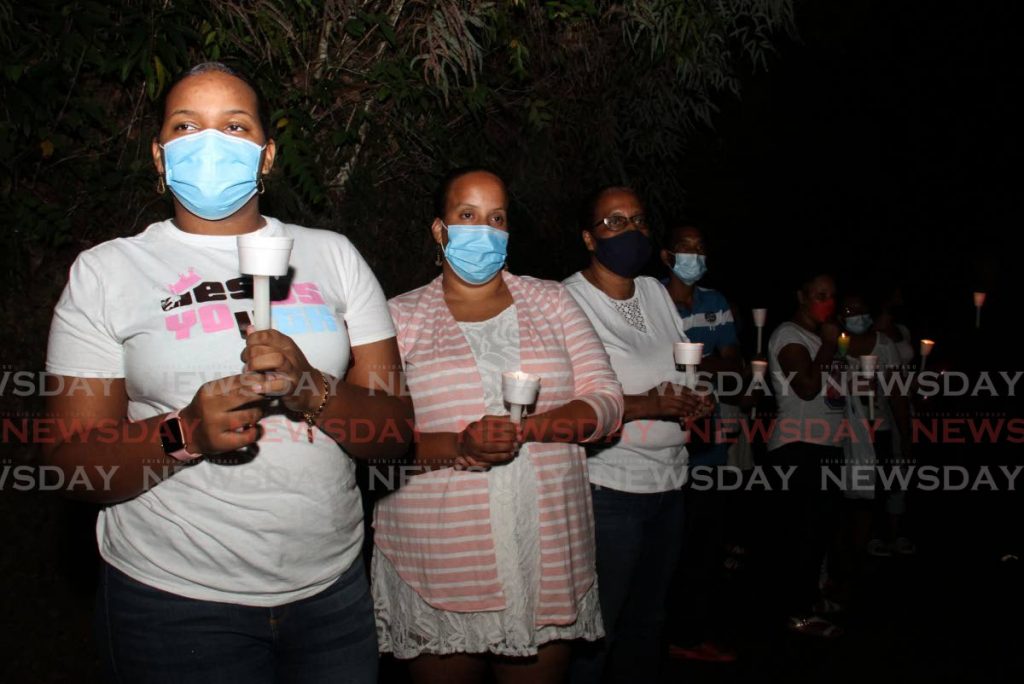Trinidad and Tobago, we have a violence problem

THE EDITOR: As violence and sexual abuse against women escalate, the stemming of this abhorrent trend shows no sign of abatement. Marches, vigils, petitions and calls for respecting women play their part, but the crux of the matter is a need to look at the cause of this behaviour and treat it. But treating the cause requires effective action by citizens and not one agency. Parents, schools, government, the legal system and communities must play their part.
Educating all levels of society is key. Schools have an ideal opportunity whereby sex education is necessary but continues to be a taboo subject. Though this has been attempted under the guise of health and family life education, very little has been heard of its successful application. Why this continues being taboo is contradictory, when teenage pregnancy is rife and is an ideal opportunity to teach both genders what constitutes healthy relationships.
I am not a psychologist but I believe the core of this invasive crisis is male gender stereotypes which starts from a young age, where boys are expected to play rough, act tough, hide their emotions (not crying), show bravery, be competitive, show their strength and be assertive, programming which becomes part of their identity.
As adults this continues being played out with added aggressiveness, eg treating sex as a competition and feeling entitled to it. Matters are not helped by statistics on Google trends indicating TT is ranked number one in the world for the highest number of pornography searches.
Cultural stereotypes also play their part and have significant impact, whereby growing up where the expectation to be masculine is not only stereotypical but has added nuances, eg having multiple children and partners is somehow perceived as masculine and is accepted as a norm.
Of course not all men are bad or violent towards women, but to move forward a particular “elephant in the room” not openly admitted or talked about and that needs to be addressed is the beating of children. In this case, specifically boys being beaten harshly, more so than girls, by mothers, aunts and grandmothers.
Fathers, of course, are also disciplinarians, but the point being made is that this is boys’ first encounter with violence, perpetrated by women. Beatings and/or licks is culturally viewed as discipline and a norm, but this is violence pure and simple and it’s where the violence begins. We also need to acknowledge we are a violent society.
ROSALIND HARRIS
via e-mail

Comments
"Trinidad and Tobago, we have a violence problem"